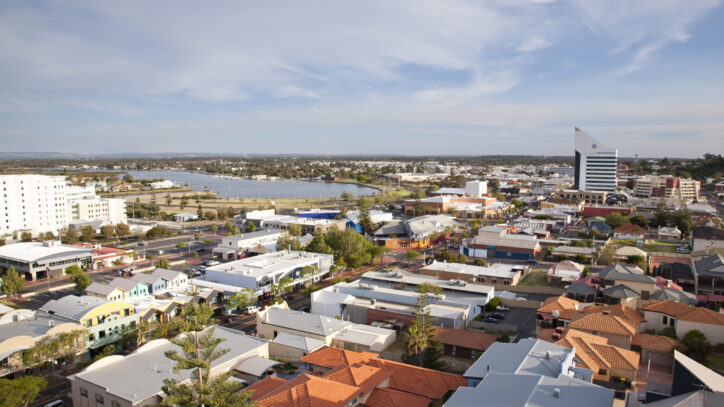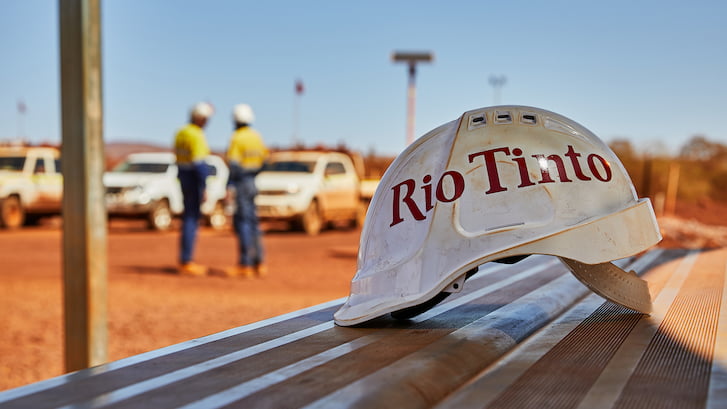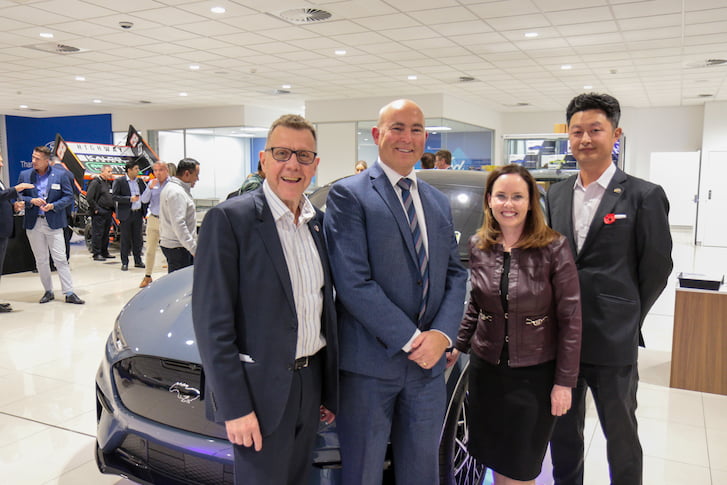 There’s a new twist on recycling – it’s called the circular economy. And it’s putting manufacturers into a spin, turning traditional recycling on its head.
There’s a new twist on recycling – it’s called the circular economy. And it’s putting manufacturers into a spin, turning traditional recycling on its head.
Momentum for the circular economy has been building this decade and especially since China closed its door to foreign recyclable materials and other countries have started to crack down on waste imports.
Leading the charge in Australia is engineer Professor Veena Sahajwalla, founding director of University of NSW’s Centre for Sustainable Materials Research and Technology (SMaRT), who spoke to more than 100 businesses at CCIWA last week to spur them into action.
The multi award-winning engineer, well-known for her appearances as a judge on the ABC series The New Inventors, has been promoting the benefits of the circular economy – where products are designed and manufactured from recycled materials.
It’s about eyewear company Dresden manufacturing spectacles from bottle tops and fishing nets; steelmaker OneSteel using old tyres and plastics in its products; and Molycop turning electronic waste (e-waste) into valuable materials.
“You can look at waste resources as a financial burden or a fantastic opportunity because the reality is a lot materials that are already around us are good quality materials,” Sahajwalla said.
“Just because your phone is broken or your battery stops working doesn’t necessarily mean that the materials that are in there have become inferior.
“We need to start to think about circular economy in the context of the fact that materials could be brought to life over and over again in different shapes and forms.”
This means a focusing on manufacturing on a small scale in partnership with industry, councils, universities and communities, with the UNSW launching the world’s first microfactory last year to recycle components from e-waste.
“If you are someone who can operate expensive machines and equipment, there is no reason why you shouldn’t be able to set up different types of factories, and in this case we are looking at microfactory technology as one alternative. Then you can actually imagine that nothing should end up in landfill. You should be able to tap into all kinds of expensive metals.”
It also means establishing demand for a quality products and export markets, leveraging the ‘clean, green’ Australian advantage.
“If you have a customer, whether they are local or global who is willing to pay for your product, then you clearly have a market and you have the economy sorted in the circular economy,” she said.
When presenting on the circular economy in Berlin last year, Sahajwalla was approached by a device manufacture wanting to establish a sustainable source for zinc and asked to see the products being manufactured by the UNSW’s e-waste microfactory.
“The response was, ‘as a device manufacturer I will go and source zinc from anywhere in the world if I know it is coming from a sustainable production line’,” she said.
“What we are looking at is keeping an eye on what producers, manufacturers and customers globally are asking for. It’s not just about what we can do in Australia, if we can look at export opportunities, we actually can identify where manufacturers are located globally and what they are asking for.”
Perceptions that recycled products were inferior also needed to change for the circular economy to work.
“If you can actually make products of high quality and high performance, there is no reason why a customer wouldn’t want to use your product,” she said.
“They will want a spec sheet, to know what the impurities are, can they use it in their manufacturing. We need to understand the levels of impurities and when you can demonstrate that to manufacturers and they can see it meets their specifications, only then will they use it. It’s about delivering quality, value and performance.
“What we are talking about here is a whole other complex world, where products are not as simple as single stream materials like our plastic bottles … we need to think of the bigger picture.”
The event was co-hosted with Federal Government funded Advanced Manufacturing Growth Centre. The centre’s Federal Director (Industry) Michael Sharpe, who has been speaking to manufacturers across the country, said the next module in its manufacturing academy would be on the circular economy.
For more information about the UNSW’s Smart initiatives including microfactories, visit here.
► CCIWA Members have access to many events like this. Visit cciwa.com to find out which membership option best suits your business.






